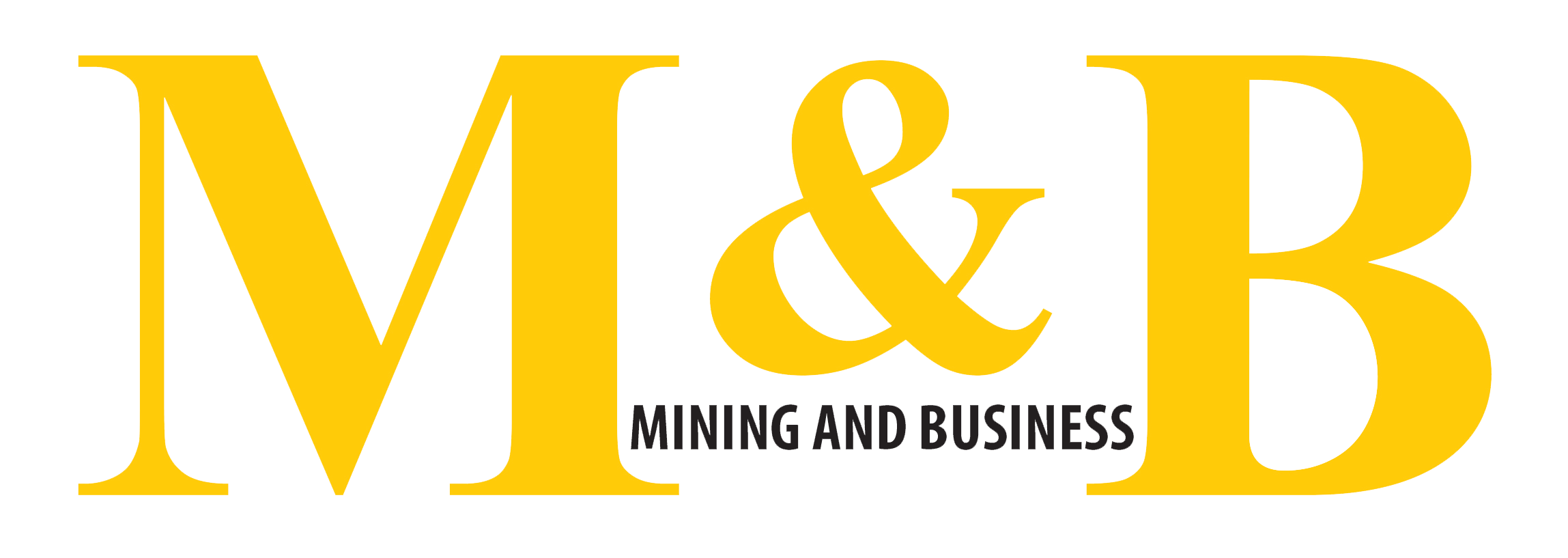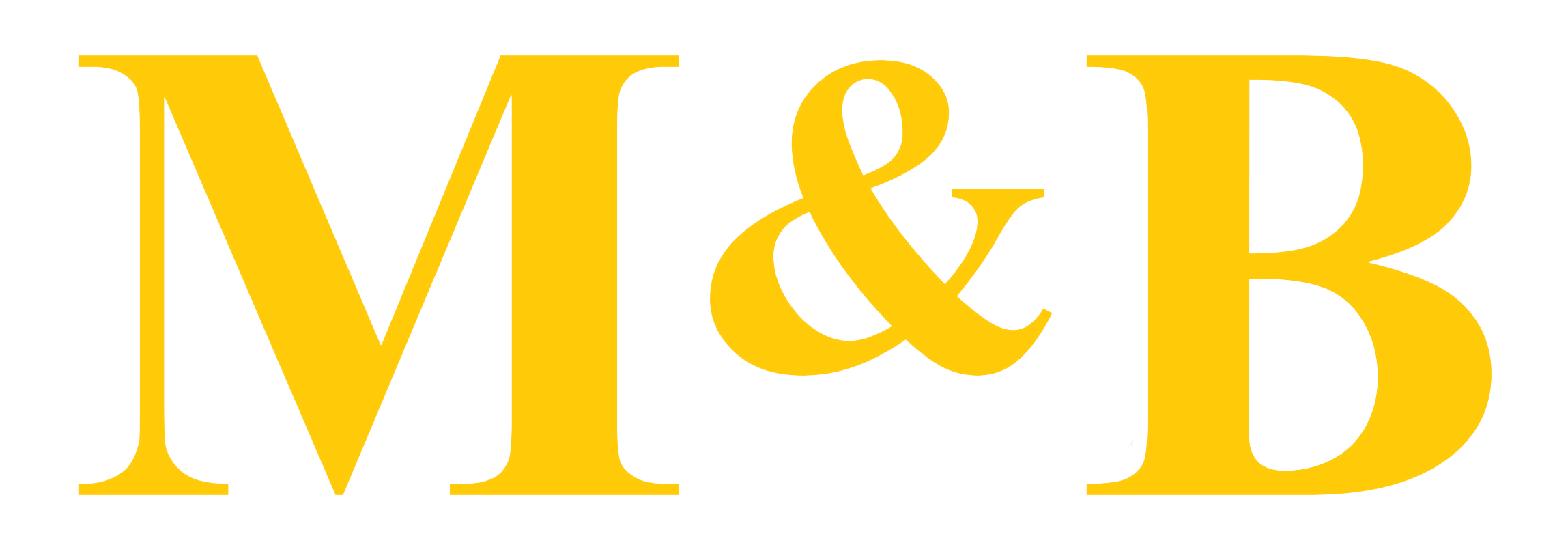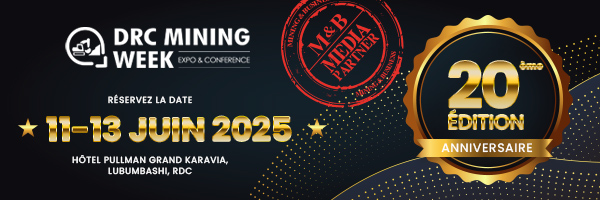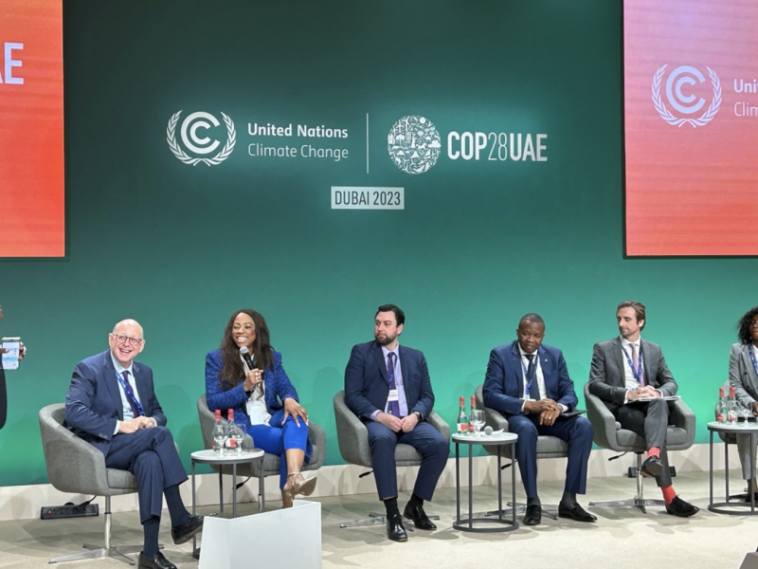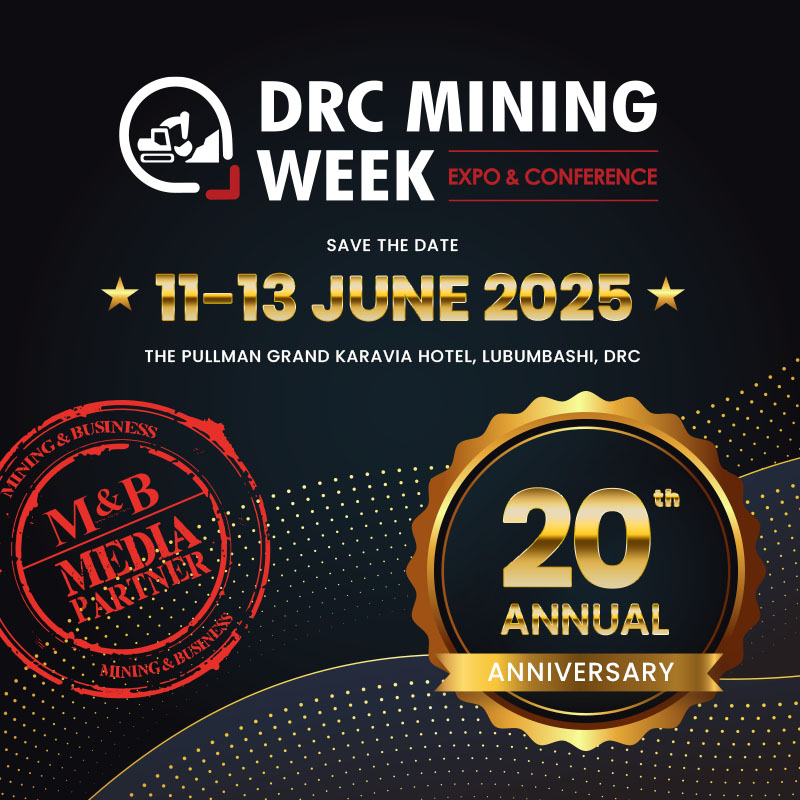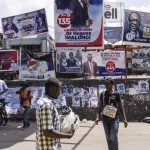Rawbank, in partnership with Swiss energy group Vitol, plans to invest $20 million to finance the energy transition and forest protection. The bank, which has just taken part in the 28th United Nations Conference of the Parties (COP28), announced the investment from Dubai.
“We are ready to invest our dollars, but we absolutely need their expertise in the process of financing these projects,” Rawbank CEO Mustafa Rawji told Bloomberg. Its partner, Vitol, has been investing in carbon projects in Congo for over ten years and believes the country has “significant potential” due to its resources.
“The aim is to reduce CO2 emissions by 75 million tonnes over the next 10 years,” Rawbank explained in a statement. The investment, which falls within the company’s environmental responsibilities, aims to accelerate the electrification of one million households in urban and rural areas, using renewable sources such as solar energy, in a country where less than 20% of the population has access to electricity, according to the World Bank.
The first beneficiaries will be the populations of Gemena and Kasai. In these two conurbations, Rawbank’s financing will enable the production of a combined green energy capacity of 1,000 MW, including the installation of an 800 MW hydroelectric plant and solar panels with a total capacity of 200 MW. The other part of the $20 million pledge will be used to strengthen conservation activities for the plant and animal species living in this ecosystem.
A promising growth market
The price of carbon offsets from the DRC sells for around $5 per tonne, and could reach as much as $25 over the next five years and $33 by 2055, according to Bloomberg estimates. The two main certification agencies active in the country, Verra and Gold Standard, have registered 30 projects, 5 of which have actually issued carbon credits, worth a total of $62.5 million a year, according to the World Bank report.
The global offset market could be worth between $15 billion by 2030 and $1 billion by 2037.
The DRC is home to the planet’s second green lung, “a carbon sink estimated at 1.5 billion tonnes of CO2, or almost half of Europe’s total emissions”, recalls Afrik21. The country’s equatorial forests, the second largest in the world after Brazil’s Amazon forests, capture around 822 million tonnes of greenhouse gases each year, while its hydroelectric potential is 100 gigawatts, according to a World Bank report published in November 2023.
Source Bloomberg
The DRC is home to “a carbon sink estimated at 1.5 billion tonnes of CO2, almost half of Europe’s total emissions.”
